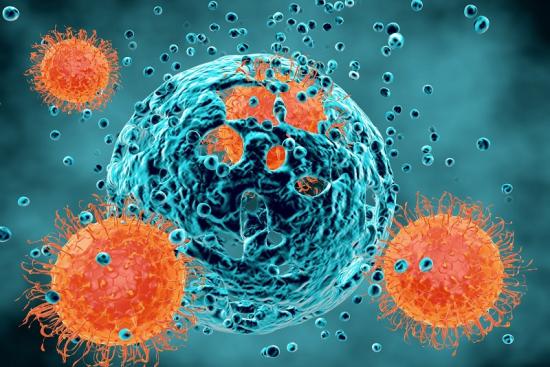Immunotherapy is an innovative treatment that helps your immune system recognize and attack cancer cells, just as it would a virus or infection. Instead of working directly on the tumor, like chemotherapy, it boosts the body's natural defenses to fight cancer more effectively.
This treatment may be used alone or in combination with other approaches such as chemotherapy, radiation therapy, or targeted therapy, depending on the type of cancer and the patient's profile.
Risks and Side Effects
- Pain.
- Swelling.
- Redness.
- Itching.
Immunotherapy: Prices in Turkey
On average, the cost of immunotherapy in Turkey ranges from €5,000 to €20,000 per treatment cycle. The price depends on several factors, including the type and stage of the cancer, the type of molecules used, the duration of the treatment protocol, and the patient's response to the treatment.
These costs typically include all services associated with the treatment pathway, such as:
- Initial evaluation by a specialized oncologist.
- Preliminary analyses and follow-up examinations.
- The immunotherapy injections themselves.
- Medical follow-up at the center.
At the same time, services such as appointment coordination, medical and linguistic support, and logistical assistance (travel and accommodation arrangements, excluding expenses) may be provided, depending on the center chosen and the patient's needs.







